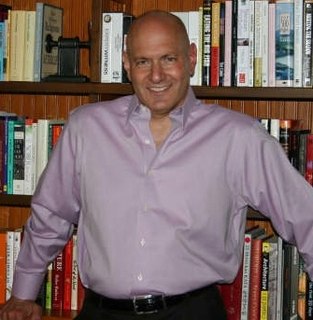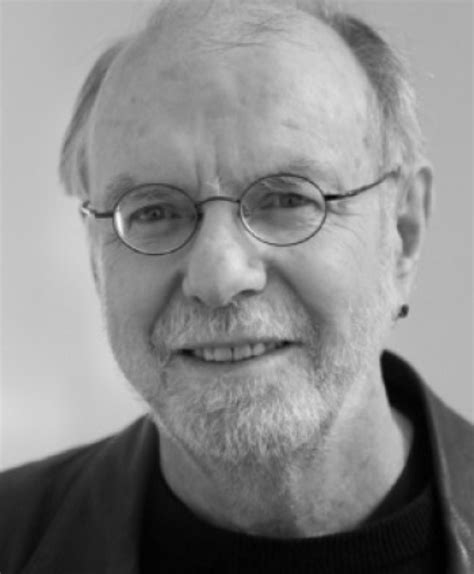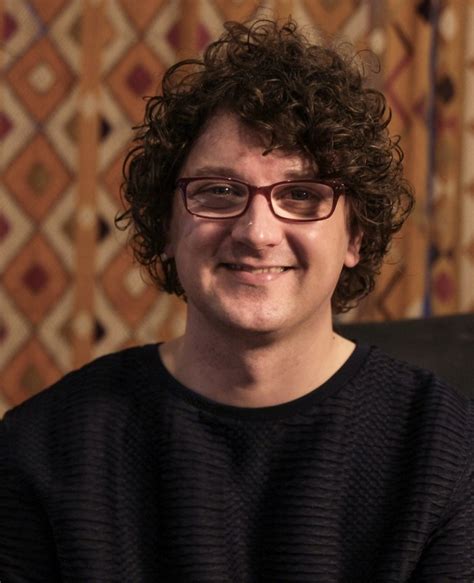A Quote by Dale Jamieson
We're good at noticing sudden movements of middle size objects in our immediate visual field, but what is out of sight is for us is largely out of mind.
Related Quotes
I think words speak to us even though they may be written on a wall. So we hear them in our mind. We say it to ourselves. But they are also visual things. You draw them. They are designed. They are colored. They have a certain size. I put them in a certain place. So they are objects that have to be - artistic decisions have to be made in terms of the color and the size and the line and whatever.
One of the capabilities, which seems to be the most difficult for aspiring leaders to maste is realistic optimism. It requires one to recognize that our experience of life is largely up to us, that our situations, good or bad, are largely due to our ability on a moment-to-moment basis to capitalize on opportunity. Those that approach life as if it is largely outside of their own control, or that others are largely to blame for their circumstances, generally find growth elusive.
Until recently baby production was largely dependent on slave labour; as soon as women are allowed to answer the question "Would you like to squeeze as many objects the size of a watermelon out of your body as it takes to kill you?" they generally answer "No, thank you." This leads to falling birthrates everywhere women are not kept enslaved and ignorant of the alternatives.
We have a largely materialistic lifestyle characterized by a materialistic culture. However, this only provides us with temporary, sensory satisfaction, whereas long-term satisfaction is based not on the senses but on the mind. That’s where real tranquility is to be found. And peace of mind turns out to be a significant factor in our physical health too.
Never let it be said that Harry Dresden is afraid of a dried, dead bug. Creepy or not, I wasn't going to let it ruin my concentration. So I scooped it up with the corner of the phone book and popped it into the middle drawer of my desk. Out of sight, out of mind. So I have a problem with creepy, dead, poisonous things. So sue me.

































